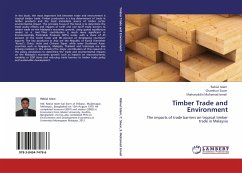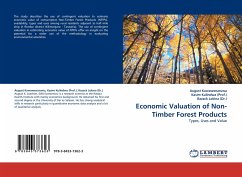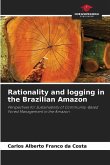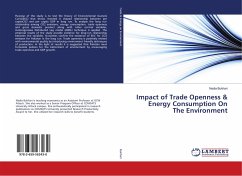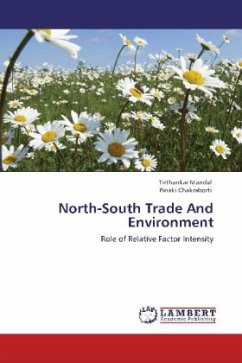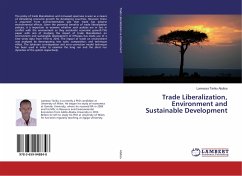In this book, the most important link between trade and environment is tropical timber trade. Timber production is a key determinant of trade in timber products and the most immediate source of timber sector environmental impact. The principle focus of this book is to determine the trade policy effects and impacts of tariff and non-tariff trade barriers to timber trade on the Malaysia s economic growth, using spatial equilibrium model as a tool. Their contribution is much more significant in Environmentally Preferable Products (EPPs) trade, with a share of 45 percent of the world trade and 90 percent of developing countries exports. The key producers in Asia are the Republic of Korea (hereafter Korea ), China, India and Chinese Taipei, while some Southeast Asian countries such as Singapore, Malaysia, Thailand and Indonesia are also actively involved in this industry.The major contribution of this research is the policy simulations to determine the trade and environmental impacts on the Malaysia s economic growth such as impacts on macroeconomic variables or GDP items and reducing trade barriers to timber trade policy and sustainable development.

